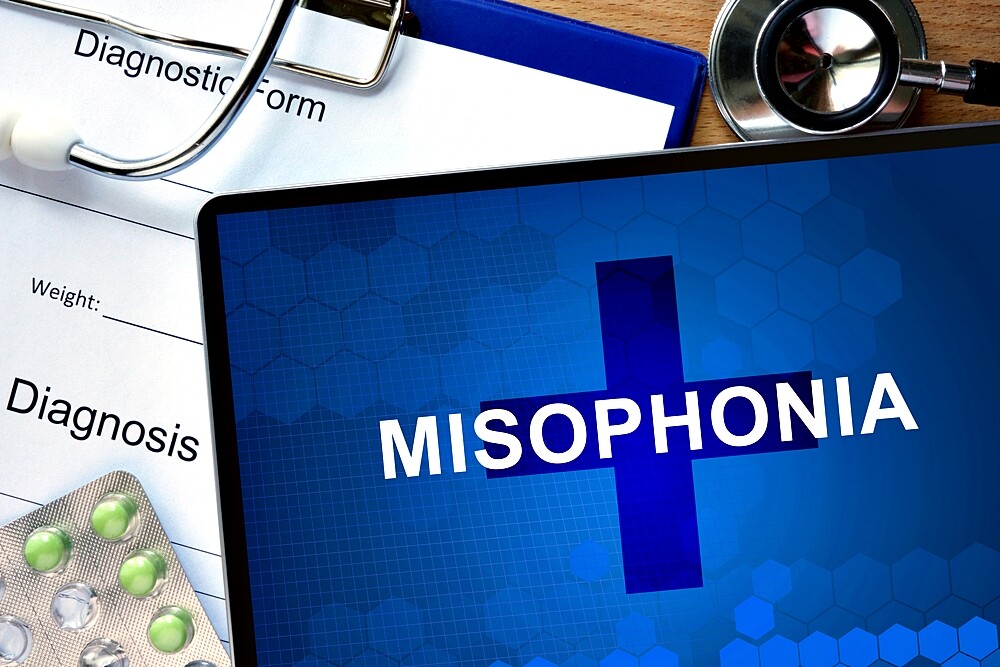Those who suffer from misophonia experience certain everyday sounds as agony. How the hypersensitivity arises and what helps against it, we will reveal here.
What is Misophonia?
Misophonia is not a disease, but a hypersensitivity to certain sounds. The word is composed of miso (= hate) and phono (= sound). Affected people are highly sensitive to sounds like smacking or chewing, even if they are only soft. Initial studies suggest that about one in ten to 20 people can hardly tolerate certain sounds. Experts suspect psychological causes behind misophony, but there is no real cure for it so far. Relaxation techniques can help to prevent the sounds from being perceived as such an extreme disturbance.
Misophonia or hyperacusis?
There is a difference between actual misophonia and general noise sensitivity, also called hyperacusis. Here, it is not the sound itself that is perceived as a disturbance, but the noise level. Even a volume that is completely normal for other people is perceived as unpleasant.
These noises disturb affected people
The following noises are perceived by misophonists as extremely disturbing:
- Smacking
- Noises of rubbing and scratching (e.g. on glass)
- Chewing
- Swallow
- Repeated clicking (e.g. by shoe heels or typing on the keyboard)
While other people often find these noises a bit annoying, but forget them quickly, misophonists find them very stressful. Their reaction to them can be correspondingly severe: Disgust, anger and aggressive behaviour are not uncommon in misophonic people. It is therefore important to inform one’s own environment about the excessive sensitivity to noise. On the one hand, this makes it easier for the affected person, on the other hand, friends and family members can adjust to the situation and are not directly overstrained when sounds cause the misophonist to react in an apparently exaggerated way.
From misophonia to phonophobia
Misophonia can turn into phonophobia – a general fear of noise. It leads to the person concerned trying to avoid situations in which the unpleasant noises can occur from the outset. For example, the misophonic person may at some point no longer be willing to eat in the company of other people.
Causes: How misophonia develops
The exact origin of misophonia is not yet clear – but it often develops for psychological reasons. A traumatic experience from childhood can be the trigger for misophonia. This leads to a link in the brain between the triggering noise and the unpleasant feeling it has caused. If situations arise later in which the noise reoccurs, the people affected can usually hardly bear it.
Treatment for misophonia: What helps?
Since the exact causes of misophony are not yet clear, the treatment is more about patients learning to better control the unpleasant feelings caused by the noise. Relaxation techniques are particularly helpful. The following measures can bring relief from misophonia:
- Relaxation techniques, e.g. yoga or autogenic training
- Wearing headphones, e.g. if the typing noises on the keyboard are disturbing
- Possibly wearing a “noiser”, which is otherwise used for tinnitus and produces white noise. This is only subconsciously perceived by the brain, but ensures that the tinnitus fades into the background. The same could work for disturbing sounds of misophony. A clarifying conversation with the doctor will help here.

